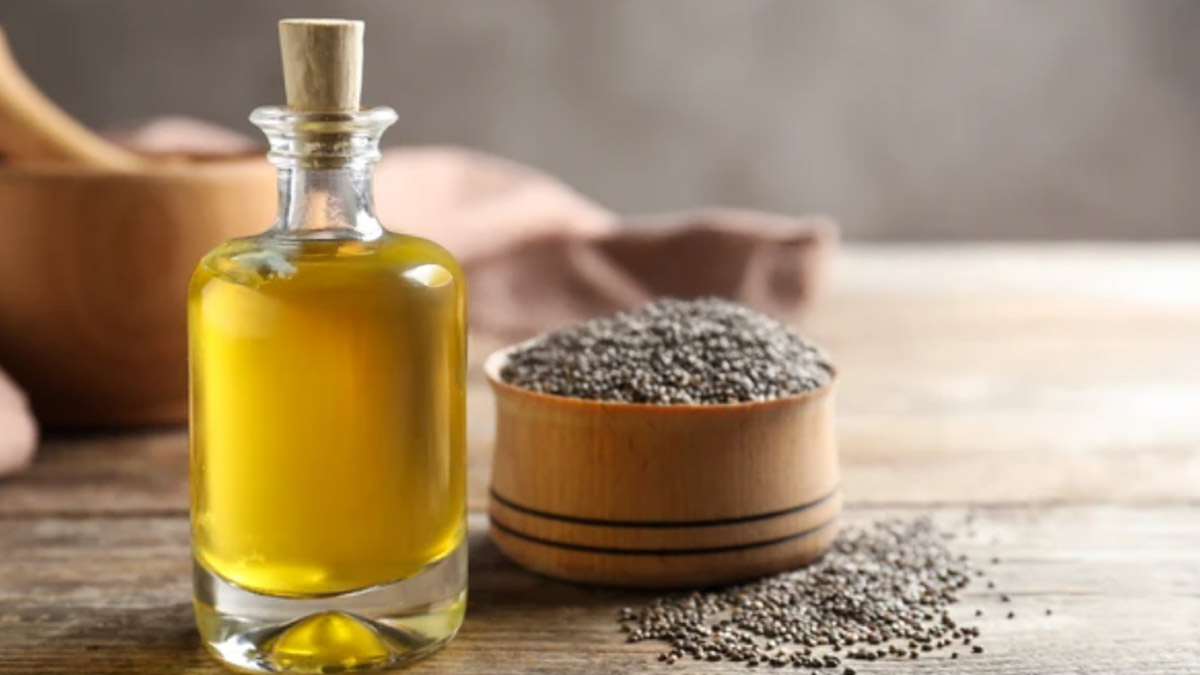Harmful Effects Of Using Seed Oils Everyday!
By learning about the potential negative effects of overconsumption of seed oils and eating with awareness, you can make a big move towards a healthier, less inflammatory way of life. Read ahead to know!
One of the biggest issues related to seed oils is their very high content of omega-6 Polyunsaturated Fatty Acids (PUFAs), especially linoleic acid. Whereas omega-6 fatty acids are necessary to our bodies, i.e., we require them but are unable to manufacture them, the problem is with the radical change in our dietary balance of omega-6 to omega-3 fatty acids. “In the past, we had a much more even balance, even more like 1:1. Now, the standard Western diet frequently has the ratio balloon to 10:1 or more, primarily as a result of the prevalence of seed oils,” Dr Srivastav highlighted.

This imbalance is important since although both omega-3s and omega-6s are essential, excessive consumption of omega-6s has been linked to chronic inflammation in the body. In excessive quantities, linoleic acid can be metabolised into arachidonic acid, which is a precursor to substances that cause inflammation. Chronic inflammation is an invisible force behind many of today's diseases, such as:
Top Stories
It is worth noting that not all omega-6s are 'bad,' and that the body also employs arachidonic acid to create anti-inflammatory substances. The issue is with the imbalance and with the massive amounts of omega-6s that we now ingest in seed oils, overloading the body's natural control mechanisms.

In addition to the fatty acid content, the industrial processing of most seed oils is of concern. They are commonly subjected to a high-heat, pressure, and chemical-solvent refining, bleaching, and deodorising (RBD) process. Though processors try to strip off these solvents, minute amounts may be left behind. This intensive processing can:
Form Toxic Chemicals: Excessive heat used in refining can lead to oxidation of the polyunsaturated fats in seed oils and create potentially harmful byproducts such as aldehydes and trans fats. Such chemicals may harm cells, lead to oxidative stress, and have been implicated in increased cancer risk and insulin resistance.
Strip Nutrients: Refining also removes nutrients and antioxidants that may otherwise be found in the natural seed.
It's also important to recognise that seed oils are prominently featured in ultra-processed foods. Fast food, processed snacks, frozen dinners, and most baked treats are packed with seed oils, along with excessive sugar, refined carbs, and sodium. When individuals eliminate seed oils from their diet and say they feel better, it's usually because there has been an overall reduction in ultra-processed food intake, not specifically the removal of seed oils themselves. This shows us why considering our diet as a whole is crucial.
While it may be difficult to eradicate seed oils from your diet entirely since they are so prevalent, you can make informed decisions to limit your consumption and opt for better choices:
- Use Healthier Cooking Fats
The dialogue surrounding seed oils is changing, and research is ongoing that continues to illuminate their long-term effects on health. By learning about the potential negative effects of overconsumption of seed oils and eating with awareness, you can make a big move towards a healthier, less inflammatory way of life. It's not a matter of demonising one food, but instead supporting a more balanced and conscious way of using the fats that power our bodies each day.











